Forest Programme
The goal of GRN is to help increase forest cover from its current state of about 4-7% to 25% by 2047. The GRN Initiative is intended to harmonize actions targeted at rapid reversal of the loss of forest cover and consequently curbing the rapidly increasing threats to the natural environment as well as preventing the potentially drastic consequences for our planet. NCF is determined to build on more than three decades of conservation leadership and partnerships with government, corporate organisations, communities and other stakeholders. Typical consideration under GRN is the understanding of deforestation and livelihood. The project is hinged on 4 pillars:
- Protected Area Expansion and Management
- Forest Landscape Restoration
- Sustainable Forest Management
- Sustainable Livelihoods

Becheve Nature Reserve
Becheve Nature Park is classic example of partnership in community forest management – jointly owned by 6 communities and farmed out to NCF to manage with active collaboration of the communities since 2003.
The 132-hectares of lush forest that makes up the BNR and the adjoining Obudu plateau supports 31 of the 37 qualifying species placed under the Afro-tropical highlands biome species. Our activities include community engagement and mobilisation which often involve women and climate change, environmental education, biological monitoring, and active afforestation.
As part of the ecotourism initiative of the Cross Rivers State Government (CRSG), Becheve was selected as one of the tourist sites in the State. In 2006, the CRSG erected a canopy walkway in the Reserve for tourists and visitors’ use. The project is supported by Leventis Foundation.

Finima Nature Park
Established by the Nigerian Liquefied Natural Gas Company (NLNG) in 2001, the Finima Nature Park came from a consensus by the communities of Finima and Bonny in Rivers State, South – South, Nigeria to protect the forests for its integrity, biodiversity and the ecosystems services it provides for human settlements.
Since 2011, The Nigerian Conservation Foundation have been managing the park having succeeded the Niger Delta Wetland Centre (NDWC). We consolidated the efforts of NDWC and built new frontiers for conservation, stronger community institutionalisation and injected renewed energy on research, biodiversity protection and public education.
The 1000 hectares Park provides a golden opportunity to show genuine commitment of the people of the Niger Delta to contribute to environmental protection for the benefit of not only the indigenes of the area but as a place of pride for the people of the Niger Delta and Nigeria at large. It add value to biodiversity and enhance opportunities for sound environmental management and promote environmental education and research.

Omo Forest Reserve
Omo Forest Reserve hold the last remaining forest in South-Western Nigeria and it has been found to be biologically unique. Owned by the Ogun State Government, we act as technical partners and helped establish wildlife sanctuary within the reserve which we have been managing since 1989.
The sanctuary serve to preserve the last population of African forest elephants Loxodonta africana cyclotis, the Nigerian-Cameroon chimpanzee Troglodytes ellioti, the white throat monkey Cercopithecus erythrogaster and the yellow-casqued hornbill Ceratogymna elata, all of which has been designated as threatened.
The forest reserve is seriously threatened by logging, hunting, clearance for farmland and other human activities. Thus, apart from conservation activities which caters to afforestation and biodiversity monitoring, our roles equally involve advocacy, community engagement and environmental education.
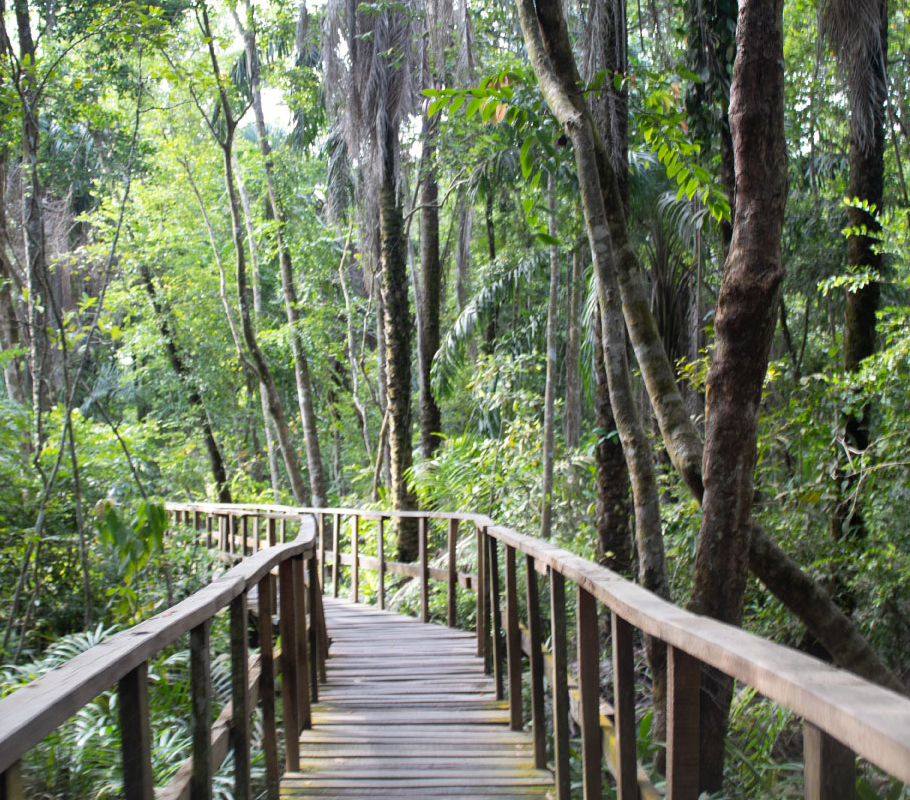
Lekki Conservation Centre
The Lekki Conservation Centre has come to symbolise our successful conservation effort at the Nigerian Conservation Foundation. Lekki Conservation Centre showcases unique biodiversity, scenic, natural, scientific and recreational values of the coastal environment of the south-western Nigeria.
Founded in 1990 as a flagship project, LCC was established to preserve the representative sample of vegetation and animals of the Lekki Peninsula. Today, the centre is renowned as an icon of nature conservation and pearl of ecotourism, twice scooping TripAdvisor awards. With over 250,000 tourists and visitors yearly, LCC has become a powerful resource centre providing environmental education, research, public engagement and policy advocacy amongst others while events such as the World Environment Day, World Wildlife Day are hosted at the Centre.
forest landscape restoration
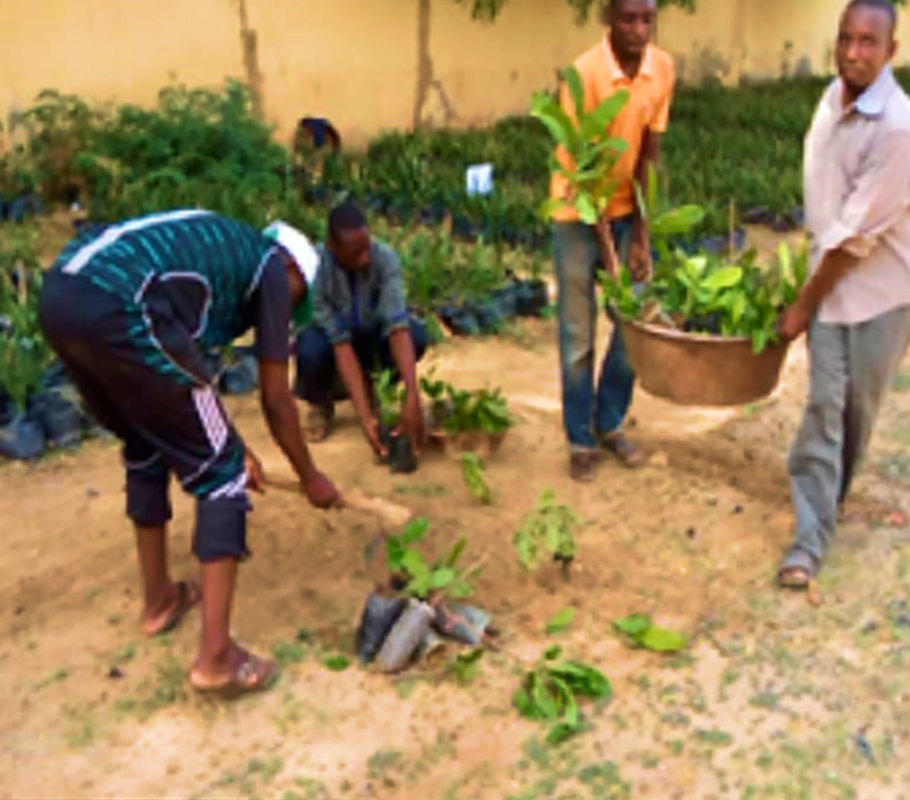
Green Development
We look closely with Estate developers to ensure that their development to set aside green areas while developing. We have been successful in some major projects prominent among which is the Abuja Technology Village Free Zone which is poised to be poised to become Africa’s preferred destination for technology research, incubation, development and commercialisation across four (4) focus sectors of Information and Communication Technology, Biotechnology, Minerals Technology and Energy Technology.
Promoting School Gardens
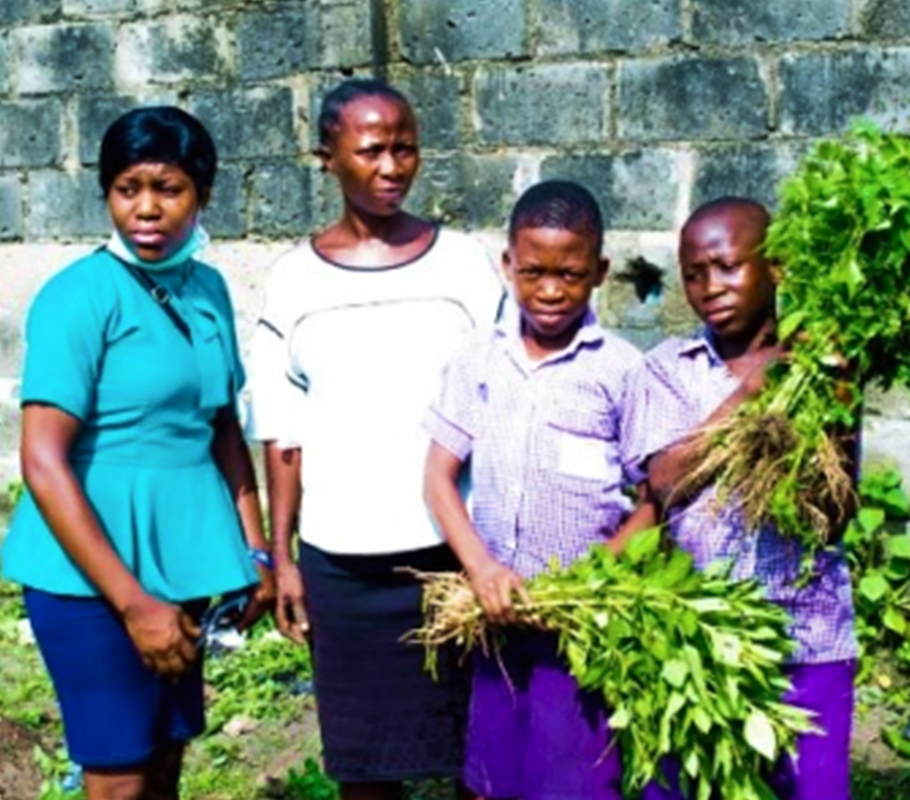

Encouraging Research Plots within Universities
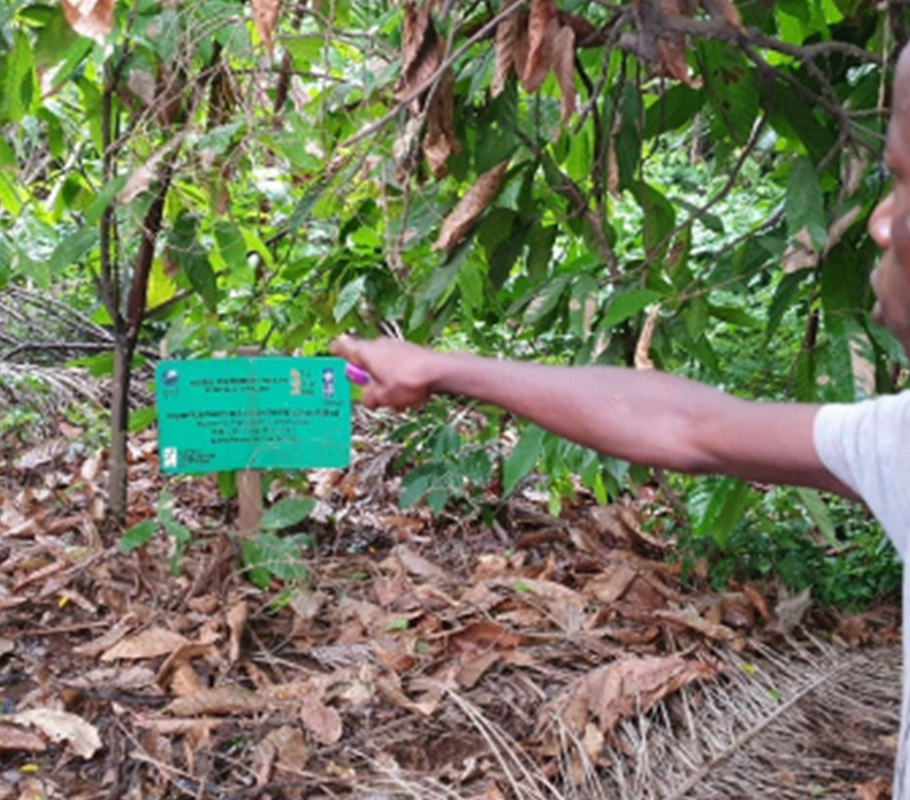
Sustainable Forest Management
Sustainable Forest Management (SFM) is a major component of the GRN Initiative. This is ensuring the proper and sustainable use of forest resources for the present and future generations. This approach considers innovation solutions partnering with corporate organizations, local communities and farmers. We conducted Community Based REDD+ projects in some communities in Boki Local Government Area of Cross River State, where community folks were organized into User Groups and Community Bye-Laws strengthened. We are working closely with corporate organization utilizing forest resources to adhere to strict standards that will promote SFM. Standards such as the Roundtable on Sustainable Palm Oil (RSPO).
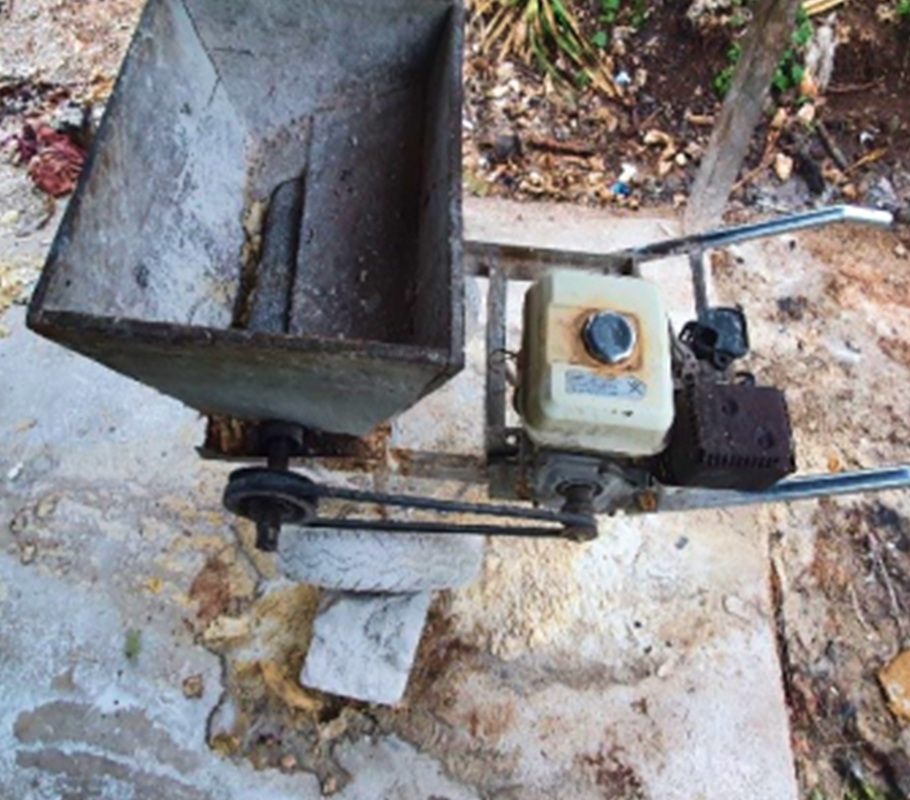
Sustainable Livelihoods
Under the Sustainable Livelihoods of the GRN, we intentionally develop programmes that would help forest communities to live more independently on forest resources.
Where they must do so, they do it sustainably. The component involves providing alternation or efficient source of energy, improving their farm production and providing equipment that will minimize post-harvest loss by improving the value chain of their farm produce. Processing plants, cooperative revolving loans, improved plant variety, energy efficient stoves etc have been providing for such forest dwelling communities
